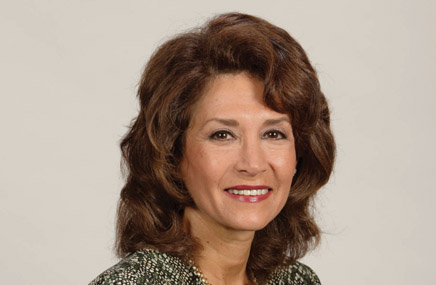Breakfast may be called the most important meal of the day, but MedScape’s 2012 Ethics Survey results show that lunch also weighs on doctors’ minds. The survey of 24,000 US physicians included questions on such topics as whether they would give life-sustaining treatments even if the patient wouldn’t be saved (35% said yes, 24% no), if they believe physician-assisted suicide is sometimes OK (47% yes, 40% no), and if they feel lunch with a drug rep might sway their prescribing habits.
The last one drew 23,710 physician responses, with 72% saying a meal would not influence them, 20% saying it could cultivate bias, and 8% saying “it depends.”
MedScape editorial director Leslie Kane said the disgust in some of the written-in responses was at the same level as when the company conducted its first survey in 2010. MedScape’s questions were based on issues professionals said they wrestle with, and incorporated input from medical ethics experts and other sources.
Kane said responses in favor of sponsored meals included rhetorical questions along the lines of, “You think I can be bought for a tuna sandwich?” Kane said pro-lunch doctors were also ticked about a double standard that lets legislators mix over food and drinks, while there’s a “fuss over our $10 lunches.” Another doctor dismissed the impact lunch could have simply because if you eat with one rep, it means you eat with every rep, and “that levels the playing field.”
Anti-meals docs found reasons to keep the social interactions away from business ones. “I want to believe I can be [unbiased], but the evidence says I’m kidding myself,” one doctor wrote.
There has been a move to loosen up restrictions, such as the recent decision in Massachusetts that it’s OK for healthcare professionals to receive “modest meals” (the acceptable value of which are still to be determined). The October decision relaxed rules the state put into place in 2008, and which restaurateurs said hurt their business. Initial guidelines proposed that price limits be “as judged by local standards, are similar to what a health care practitioner might purchase when dining at his or her own expense.”
From the January 01, 2013 Issue of MM+M - Medical Marketing and Media







